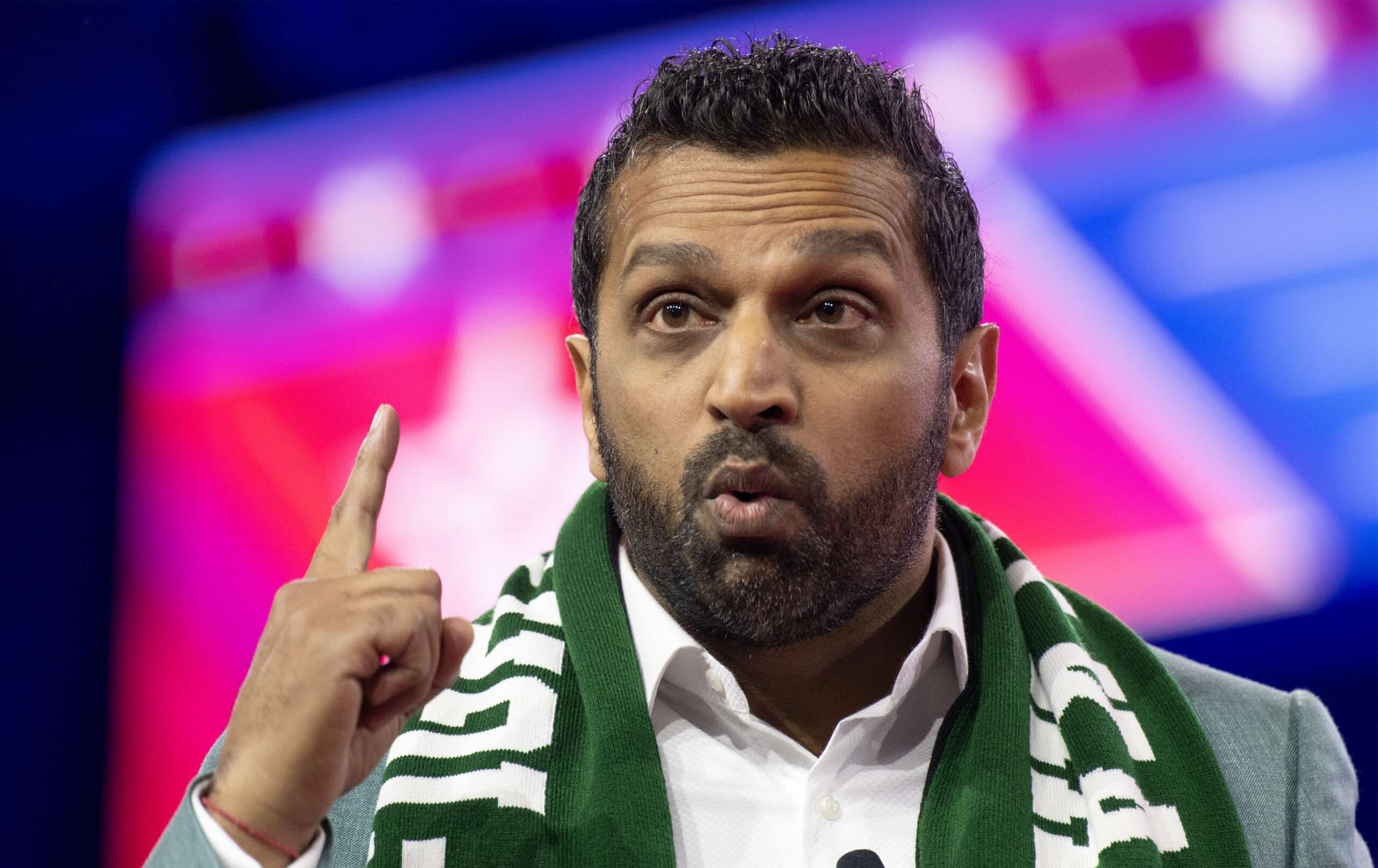In an interview with former Trump strategist Steve Bannon, Kash Patel, President-elect Donald Trump’s nominee for FBI director, made alarming statements about holding the media accountable for allegedly lying about American citizens and helping Joe Biden rig elections. Patel’s threats to prosecute journalists have raised concerns about potential implications for press freedom under his leadership.
During the interview, Patel expressed confidence in prosecuting individuals involved in what he perceives as criminal behavior, including members of the media. He vowed to pursue legal action against those who spread misinformation and aided in election manipulation, emphasizing that they will be held accountable under the law.
Patel’s accusations against the media center around claims of promoting false narratives, such as Russiagate and the Hunter Biden laptop scandal, which he believes amount to criminal conduct. However, it is important to note that journalistic errors or biases do not constitute criminal acts and are protected under the First Amendment.
His grievances with the media, as outlined in his book “Government Gangsters,” suggest a deep-seated animosity towards certain news outlets and journalists. Patel’s criticism of media coverage indicates a belief in deliberate deceit and bias, rather than mere journalistic mistakes.
While Patel’s concerns about media integrity may be valid, his proposed actions to address them through legal means raise serious questions about the potential abuse of power and infringement on press freedom. It remains to be seen how Patel’s approach towards the media will impact the FBI’s relationship with the press if he is confirmed as director.
Patel alleges that he informed Ignatius that the supposed investigation never actually commenced, but Ignatius chose not to report this and instead allowed misinformation to spread. He criticizes the Justice Department for failing to prosecute those who leaked classified information during the Trump administration, which he believes damaged both the presidency and national security.
Patel accuses anti-Trump journalists, including Ignatius, of collaborating with the “Deep State” in a corrupt scheme. He argues that these individuals are conspirators who should face legal consequences for their actions. He emphasizes these points in speeches at events like CPAC, where he denounces the mainstream media as the most significant threat to the United States.
Despite Trump’s repeated threats of retribution against his opponents, Patel insists that such actions are not tyrannical but rather a way to uphold the Constitution. He pledges to reform the FBI and DOJ under the Trump administration to combat real crime while also pursuing legal action against journalists who spread lies to manipulate elections.
Critics like Ronald Collins warn that Patel poses a significant threat to press freedom and could lead a dangerous assault on independent media if appointed as FBI director. If confirmed, senators are likely to question Patel on how he plans to target Trump’s critics while upholding the rule of law. His responses will be crucial in determining whether his intentions are genuine or merely provocative rhetoric.
Source link





